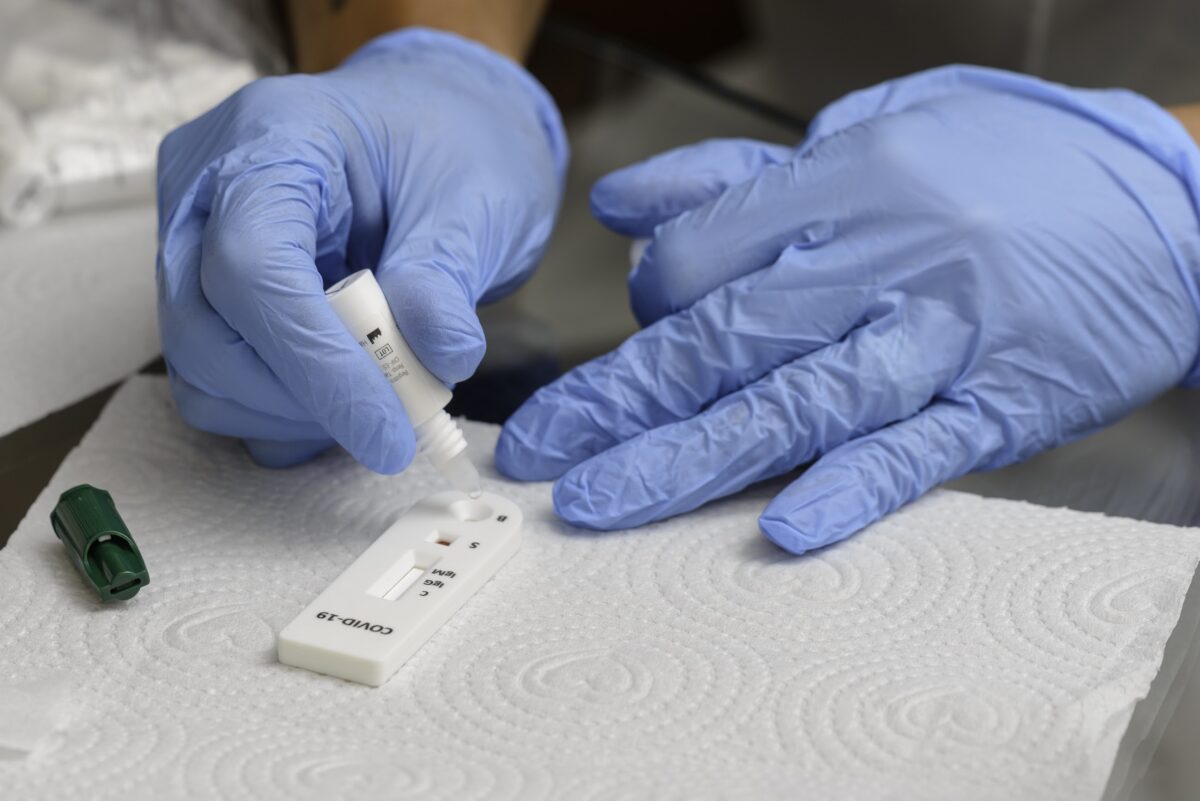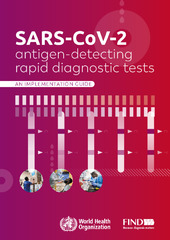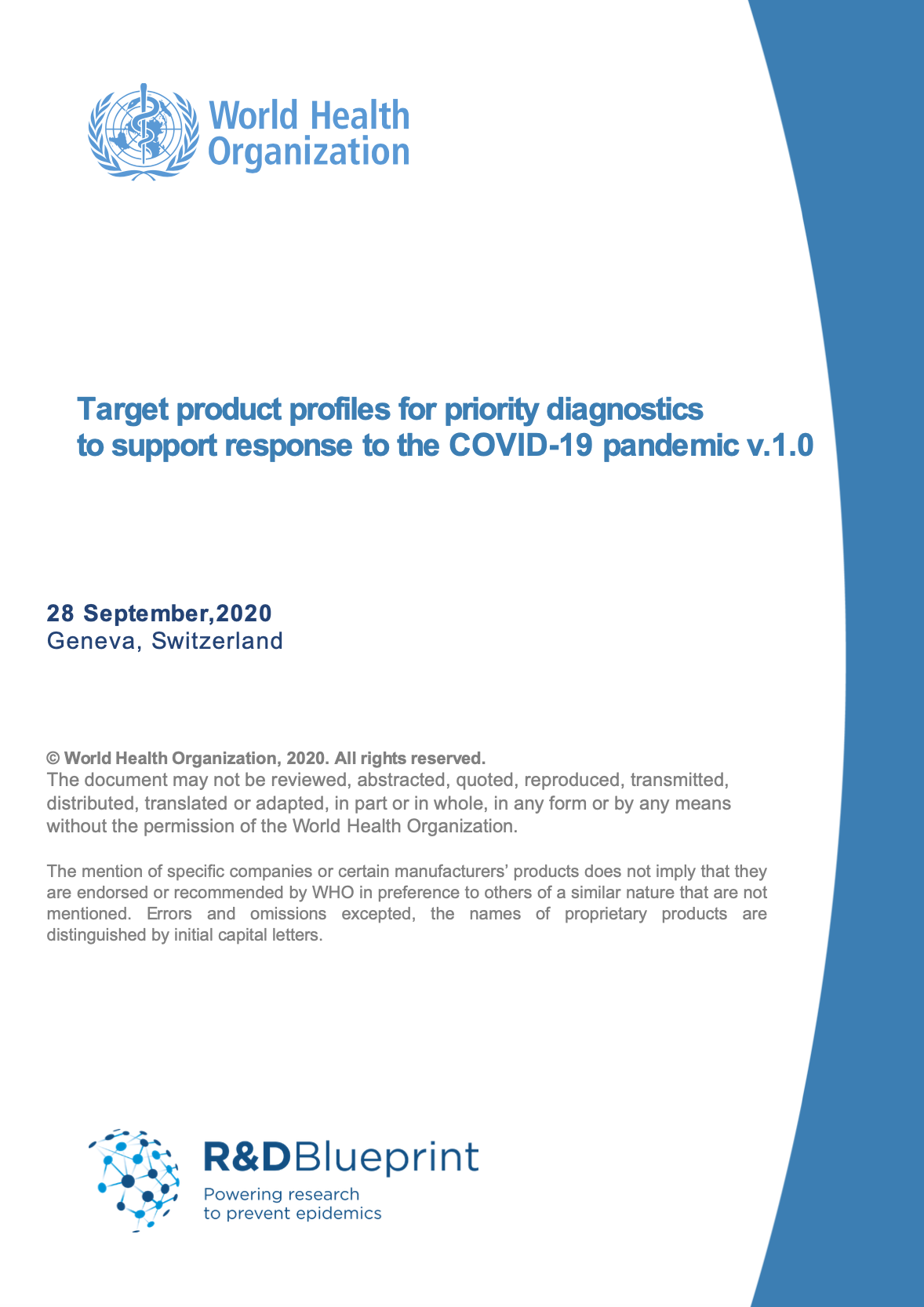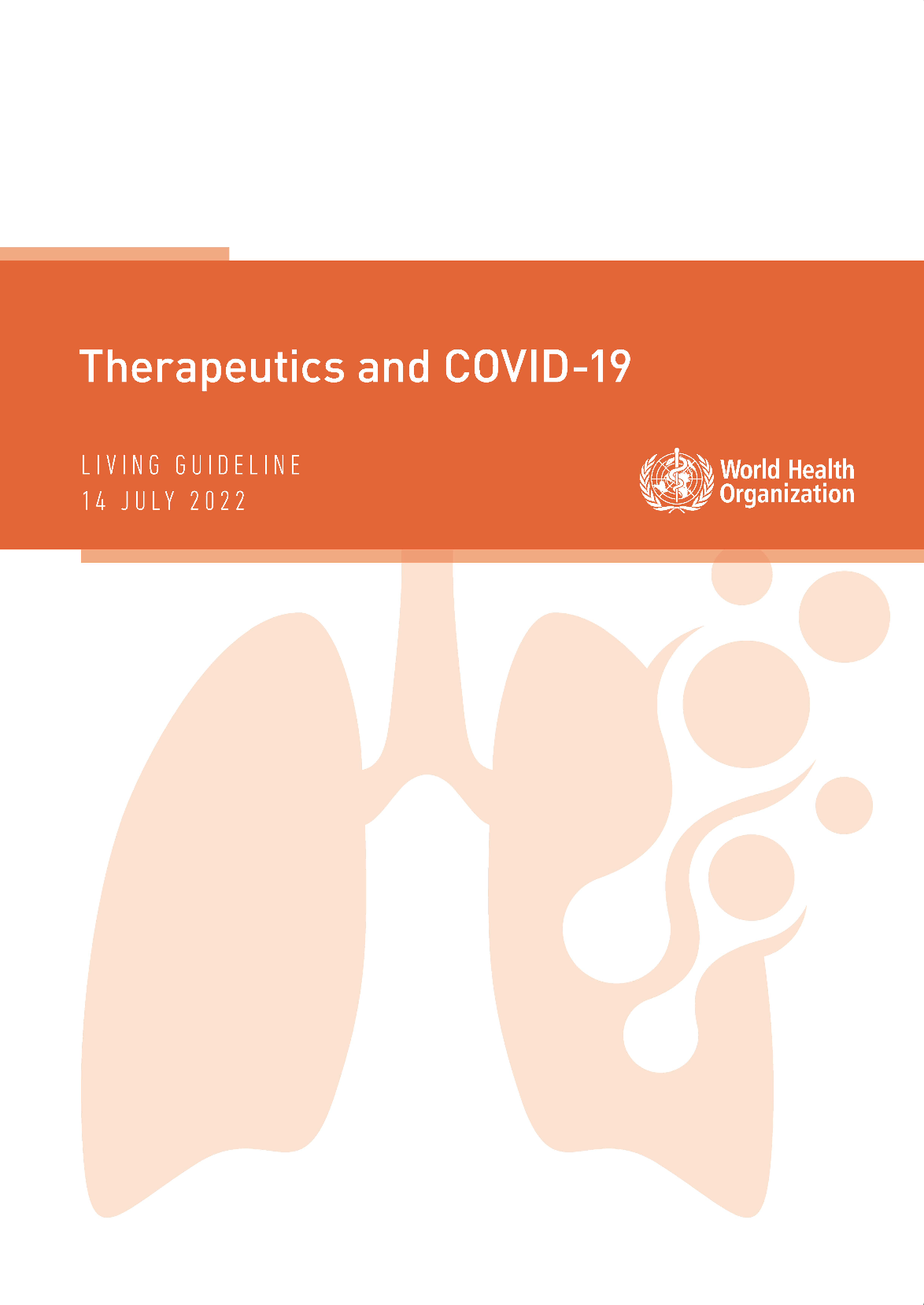Safe and effective in vitro diagnostics (IVDs) are a critical component of an overall strategy to control the COVID-19 pandemic.
WHO prequalification of in vitro diagnostics (IVDs) provides a valuable service to manufacturers and regulators in both quality assurance and product selection.
It has developed an Emergency Use Listing (EUL) procedure to hasten the availability of IVDs in public health emergencies such as COVID-19.
WHO reviews all documentation submitted for EUL and checks the evidence on a product’s safety, quality and performance. This procedure helps agencies and Member States decide on which IVD is suitable for their use.
The IVD part of the WHO prequalification website also provides key prequalification outputs as well as detailed information about submission of IVDs.




